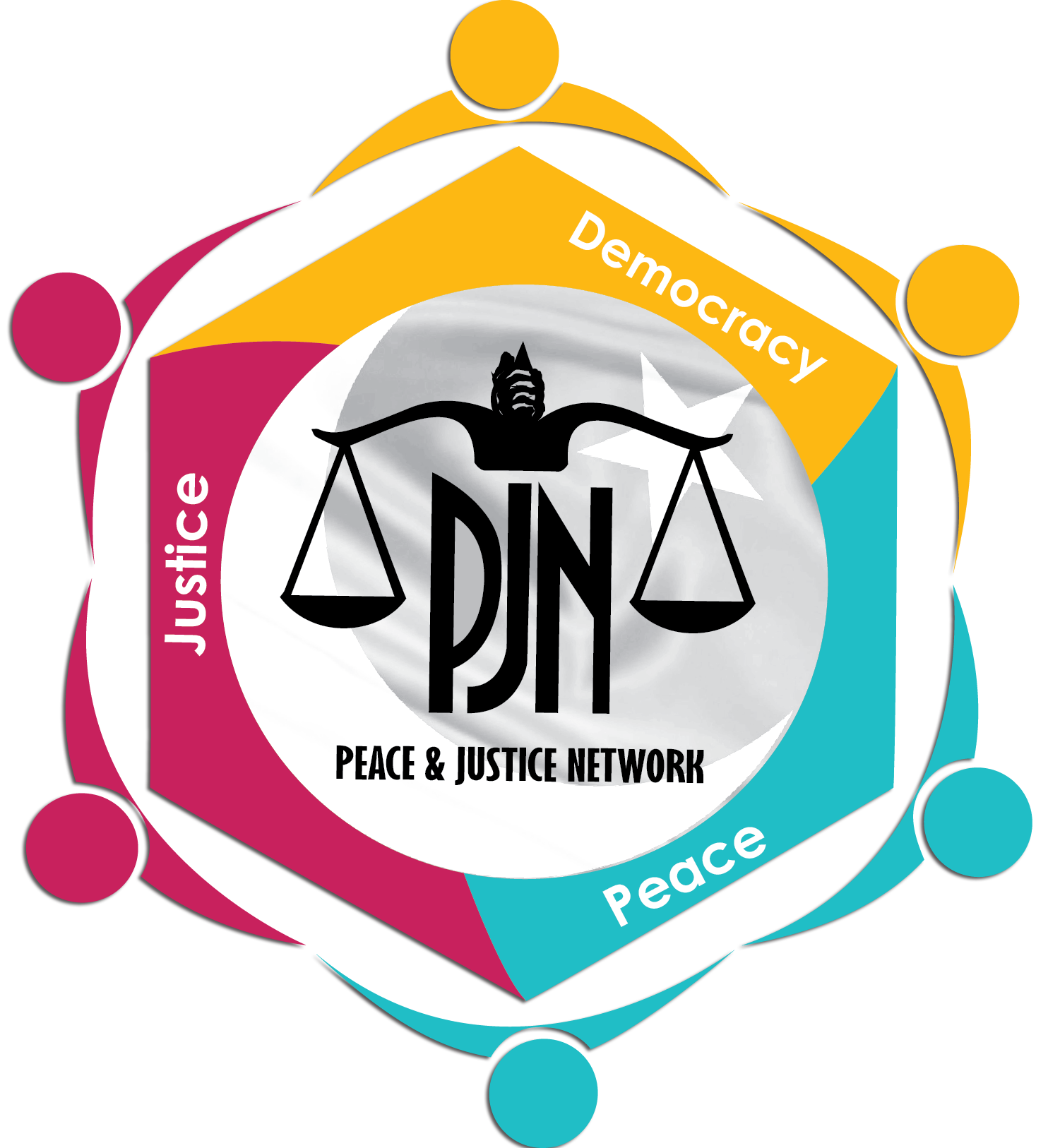

Important News
International Day for Judicial Well-being: A Global Call for Action (4 Mar, 2025)
Pakistan Ranks 129 out of 142 in the World Justice Project Rule of Law Index (26 Oct, 2024)
2024 Trafficking in Persons Report: Pakistan (24 June, 2024)
Pakistan ranks second-last in WEF Global Gender Gap Report 2024 (7 Mar, 2025)
An American policeman killed George Floyd. Now Europe is re-examining its colonial history

Sun, June 14, 2020
London and Bristol, England (CNN)At an old stone harbor in the English city of Bristol, young people gather at a bent railing by the water and peer into the murky deep. They're looking for the defaced statue of the 17th century slave trader Edward Colston. And just maybe, they're looking at an era gone by.
Protesters last weekend wrenched Colston's statue from the plinth, rolled it down cobbled streets and tossed it into the very same waters on which his ships arrived hundreds of years ago, carrying shackled African men, women and children for him to sell on as slaves in the Americas.
The police killing of George Floyd in the US last month has galvanized a global anti-racism movement. Now it is forcing Europeans to re-examine their colonial histories and even question their national identities.
Few Europeans will explicitly defend their country's historical use of slavery, yet challenging the celebration of the very leaders and merchants who profited from slavery and the horrors of colonialism is proving a less comfortable conversation.
In Bristol, schools, streets, pubs and the main hall bear the name Colston, in celebration of the merchant's philanthropy on which the city was built. Colston is as entwined with Bristol as Rockefeller in New York or Eiffel in Paris.
And therein lies the problem. It can be difficult for a people to acknowledge that national heroes also traded slaves, or held deeply racist views, or profited from oppressing other civilizations, perhaps even genocide.
Colston's role in slavery is no secret in Bristol, yet some there say they never learned the details of what he did. He was a member of the Royal African Company, which transported more than 100,000 slaves from West Africa to the Americas, some 20,000 of whom died during their voyage, their bodies thrown overboard.
"Walking past that statue every day, knowing that that's a symbol of you being oppressed because of your immediate relationship with racism today -- and your ancestors, family, in the past that have been oppressed and exploited and murdered, tortured and raped -- is a great offense," said Miles Chambers, Bristol's first poet laureate, who addressed protesters last week.
He said people had been petitioning the council to bring it down for more than 20 years. "It needed to be ripped down and pulled down."
It's a sentiment that many people in the United Kingdom share. Even Bristol police chief Andy Marsh instructed officers to stand by and allow protesters to bring the statue down, something unlikely to have happened a month ago, before Floyd's death.
But this sentiment is not shared by all, not least the country's leader. The Conservative-led government responded to the statue's toppling with the threat of force.
"I will not support or indulge those who break the law, or attack police or desecrate public monuments. We have a democracy in this country. If you want to change the urban landscape you can stand for election or vote for someone who will," Prime Minister Boris Johnson said, adding that anyone attacking public property would "face the full force of the law."
On Friday, Johnson joined a chorus of critics saying toppling statues was an attempt to erase British history, pointing particularly at protesters who had vandalized a statue of former Prime Minister Winston Churchill, widely regarded a hero for his leadership during World War II. Churchill was also known to hold racist views and protesters last week spray painted the words "was a racists" after his name.
"Yes, he sometimes expressed opinions that were and are unacceptable to us today, but he was a hero, and he fully deserves his memorial," Johnson said on Twitter.
Johnson's rise to leadership in itself may say something about the way the country regards its past. As a journalist in 2002, he wrote an article for The Spectator entitled, "Africa is a mess, but we can't blame colonialism." In it, he claimed: "The problem is not that we were once in charge, but that we are not in charge any more."
It wasn't a one-off. Johnson regularly wrote controversial columns and used racist terms for Africans and other ethnic minorities in the past. Even though these have been well documented -- and resurfaced as recently as 2016, when he became Foreign Secretary -- the country last year re-elected him with a commanding majority.
But changes are happening around the country, even if they aren't in Westminster.
On Wednesday, the Scottish Parliament unanimously passed a motion to establish a museum devoted to the history of slavery.
London Mayor Sadiq Khan has ordered a review to ensure landmarks fairly reflect the capital's diversity and achievements. The opposition Labour Party had instructed its 130 local councils across the country to do the same.
They may need to act quickly. Activists under a group called Topple the Racists have identified 60 statues across the UK of people who had links to slavery or colonial violence. One, of 18th century slave trader Robert Milligan in east London, has already been taken down after protesters vowed daily demonstrations if it stayed standing.
And students at the University of Oxford have renewed protests demanding the removal of a statue of Cecil Rhodes -- whose trust finances the well-known Rhodes scholarships -- one of Britain's most dedicated imperialists who was known to hold racist views.
Published on CNN website, June 13th, 2020
Copyright © 2026 pjn.org.pk








